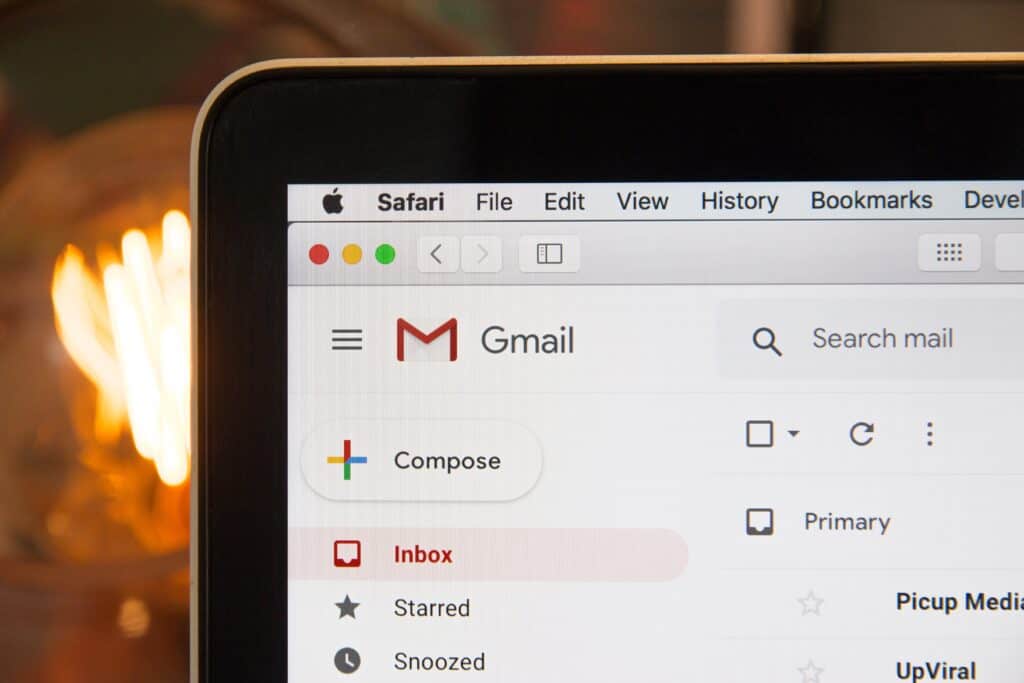Cybersecurity in construction is becoming a critical concern as the industry rapidly adopts new technologies. While you’re accustomed to navigating regulations, compliance guidelines, and schedule hiccups, the growing reliance on digital tools brings new cyberthreats.
Construction companies are particularly vulnerable to hackers due to the sensitive data they handle and that greater reliance on technology.
So, what are the top cybersecurity concerns for construction companies? We’ll go through the most prominent risks so you can stay vigilant.
[Related: IT Procurement for Franchises: Where To Start]
Unsecure Mobile Devices
Cybersecurity in construction is heavily impacted by unsecure mobile devices. From checking tasks on a tablet to scanning your email, you and your employees have mobile devices on- and off-site. As a result, you see a host of potential cybersecurity risks:
- Unauthorized user access
- Unencrypted data
- Lost or stolen devices
That’s only the beginning.
Fortunately, you can keep your mobile devices less risk-prone with measures like employee education and activity monitoring. Still, the measures you take may not be enough. Particularly if you have dozens of employees and even more mobile devices.
Enlisting a trusted IT services company is your strongest defense. Why? Most — if not all — top cybersecurity concerns for construction companies stem from company-connected mobile devices.
[Related: Mobile Device Security Checklist for Construction Companies]
Ransomware Attacks
One of the most dire outcomes related to cybersecurity in construction is falling prey to ransomware attacks. A form of malware, ransomware infects your devices and encrypts crucial data.
How does your company suffer a ransomware attack? You guessed it! An employee clicks a malicious link or attachment on a company-connected device. Although ransomware links usually appear in phishing emails, they can lurk on websites, in apps and in text messages.
The hackers then block your access to that data until you shell out money. It’s a way of holding your sensitive data hostage — and even if you pay, you may never get the data back.
Ransomware payouts can cost your business millions of dollars. Besides the very real financial blow, you suffer reputational damage and devastating downtime. In turn, neither your clients nor your schedule is happy.
[Related: Phishing vs. Spoofing: Similarities, Differences and How To Prevent Them]
Data Breaches
In the realm of cybersecurity in construction, a data breach is one of the most damaging threats. Cybercriminals access your information and use it for financial gain. With a data breach, cybercriminals access your information and then use it for financial gain. Your construction company’s devices hold a potential goldmine — a data breach costs you nearly $9.5 million on average.
Additionally, data breaches go far beyond personal information. Hackers can exploit all manner of data:
- Client information (including Social Security numbers)
- Vendor information
- Intellectual property
- Banking, billing and accounting information
- Blueprints
- Design and feasibility studies
- Budgets and timelines
- Permits and applications
Clearly, robust cybersecurity measures are vital to locking down and backing up your company’s data.
Data breaches can happen for many reasons, but the primary causes are stolen credentials (like compromised passwords) and unprotected software. Once again, they deal a major blow to your company’s reputation and throw a wrench in time-sensitive operations.
[Related: Why Data Backup Is Essential in Accounting]
Wire Transfer Fraud
During a fraudulent wire transfer, a cybercriminal poses as a legitimate person or entity and intercepts a financial transaction. You may think you’re paying a vendor, bank representative or contractor, but a scammer is on the other end.
Three factors make wire transfer fraud in the construction industry so appealing to hackers:
- Wire transfers are fast (nearly instantaneous).
- They involve large sums of money.
- Once you’ve sent money, it’s practically impossible to get back.
Hackers can pull off wire transfer fraud in several ways. You generally see it as a phishing email, and its quality can run from clearly bogus to seemingly trustworthy. An especially devious route is malware, where cybercriminals gain access to real email correspondence at your company.
Business email compromise (BEC) scams are common fraudulent wire transfer tactics in the construction industry. With a BEC scam, hackers impersonate figures with authority (like CEOs) and use urgent wording to pressure you to pay.
Educate employees, carefully inspect messages and bolster your antivirus/antimalware software to avoid fraudulent wire transfers.
[Related: The Importance of Cybersecurity for Engineering Firms]
Get 24/7 Protection With CMIT Solutions of Bellevue
Cybercriminals are relentless. They know how much sensitive data your construction company handles. And they’re more than happy to exploit any digital vulnerabilities to steal it.
Plus, keeping up with the avalanche of new devices, software and systems can be a headache. Meanwhile, serious cybersecurity pitfalls are waiting in the wings.
CMIT Solutions of Bellevue is ready to keep your construction company in the clear. We use cutting-edge technologies alongside individualized services to ensure your data stays safe. Our extensive experience in the construction industry offers you a solid line of defense.
Contact us to learn about our comprehensive managed IT services, including cybersecurity services. Together, we can help protect your business!
Featured image via PxHere





